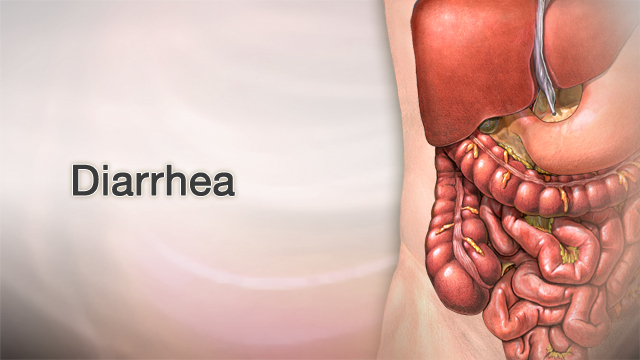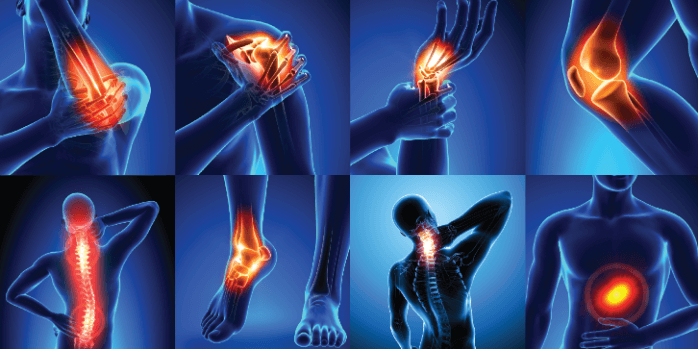Downsides

Top 3 in Top 7 Things to Know About Ezetimibe
You are more likely to have the following side effects if you are between the ages of 18 and 60, do not take any other medications, or have any other medical conditions:
- When ezetimibe is used alone, it can cause diarrhea, upper respiratory tract infection, joint pain, sinusitis, and fatigue. When ezetimibe is combined with a statin, common cold symptoms, muscle aches, upper respiratory tract infection, joint pain, and diarrhea may occur.
- Although ezetimibe has been shown to lower cholesterol, it will not aid in weight loss. Maintain your doctor-recommended diet and exercise routine.
- There is no evidence that ezetimibe can prevent heart disease or heart attacks.
- Severe muscle pain may occur in rare cases when ezetimibe is used alone or in combination with a statin. This could include myopathy and rhabdomyolysis. If you have severe muscle pain, tenderness, or weakness, see your doctor right away because it could lead to muscle breakdown and kidney damage.
- You may not be able to use ezetimibe alone if you have active liver disease. Your liver function will be monitored by your doctor.
- In rare cases, statins have been linked to memory loss, forgetfulness, and confusion. This can also happen when statins are combined with ezetimibe. When your doctor discontinues the statin, these symptoms usually go away.
- Some people may experience severe allergic reactions. A rash or hives; swelling of the face, lips, tongue, and/or throat that may cause difficulty breathing or swallowing; joint pain and muscle aches; changes in laboratory tests; liver problems; stomach pain; pancreas inflammation; nausea; dizziness; tingling sensation; depression; headache; gallstones; gallbladder inflammation.
- You cannot take ezetimibe with a statin if you have active liver disease, are pregnant or plan to become pregnant, or are breastfeeding. Consult your doctor to see if ezetimibe is right for you.
- It is unknown whether Zetia works for Fredrickson Type I, III, IV, and V dyslipidemia.
- Children under the age of ten have not been studied for Zetia.
In general, those who are older or younger, have specific medical conditions (including liver or kidney issues, heart disease, diabetes, or seizure disorders), use other medications, or are seniors or young children are more likely to experience a greater range of adverse effects.








